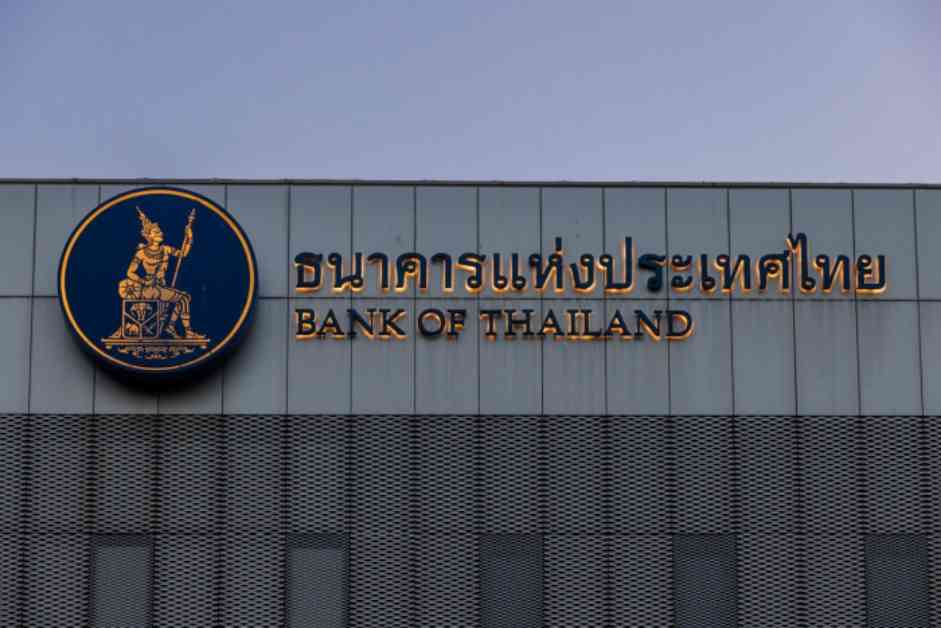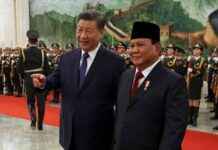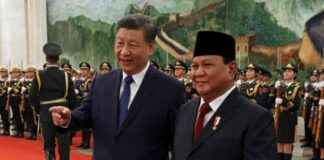A selection committee at the Bank of Thailand is still undecided on the appointment of Kittiratt Na-Ranong as the board chairman, who has ties to the ruling coalition government. This has sparked a push from economists and leading executives to emphasize the importance of maintaining stability within the financial system to address the economic challenges facing the country. The ongoing disagreement between central bank governor Sethaput Suthiwartnarueput and politicians, including Prime Minister Paetongtarn Shinnawatra, regarding interest rate cuts to stimulate the economy has further intensified the situation.
The business sector is advocating for closer collaboration between the central bank and the government to tackle economic issues, such as managing baht volatility. Poj Aramwattananont, the vice-chairman of the Thai Chamber of Commerce and Thai Board of Trade, stressed the need for appropriate monetary and fiscal policy management while upholding financial and fiscal discipline. Maintaining the value of the baht is crucial to protect the tourism and export sectors, especially with the current trend expected to continue until the first quarter of 2025.
Additionally, there is a call for the central bank to align policy interest rates with the global market, following recent rate cuts by countries like the US and China to reduce business costs. Kiatanantha Lounkaew, a lecturer at Thammasat University’s Faculty of Economics, highlighted the importance of balancing Thai interest rates with global rates, especially as central banks worldwide are reducing rates. A reduction in interest rates may not be enough to boost the economy significantly due to high household debts and other economic challenges.
In terms of political intervention, experts believe that the appointment of a new board chairman may not be sufficient to influence other board members to implement pro-government policies. It is crucial for the central bank to focus on maintaining monetary policy stability to support fiscal measures aimed at economic recovery. The upcoming board chairman must allow the central bank to operate independently without political influence to set effective monetary policies.
Furthermore, there is a growing concern about stagnant wages in the Thai economy, which has led to reduced consumer spending and overall economic sluggishness. Jitipol Puksamatanan, an economist, emphasized the need for new financial measures or innovations to drive economic growth if interest rates remain unchanged. The central bank should work to protect the country’s interests and promote collaboration with relevant agencies to facilitate economic development.
In conclusion, the central bank’s role in ensuring financial stability, promoting economic growth, and supporting SMEs will be crucial in navigating the current economic challenges. The appointment of a new board chairman should prioritize maintaining the autonomy and effectiveness of the central bank in setting monetary policies. By addressing issues such as interest rate spreads, loan criteria, and financial costs for businesses, the central bank can play a significant role in revitalizing the Thai economy and supporting SMEs during these challenging times.




















